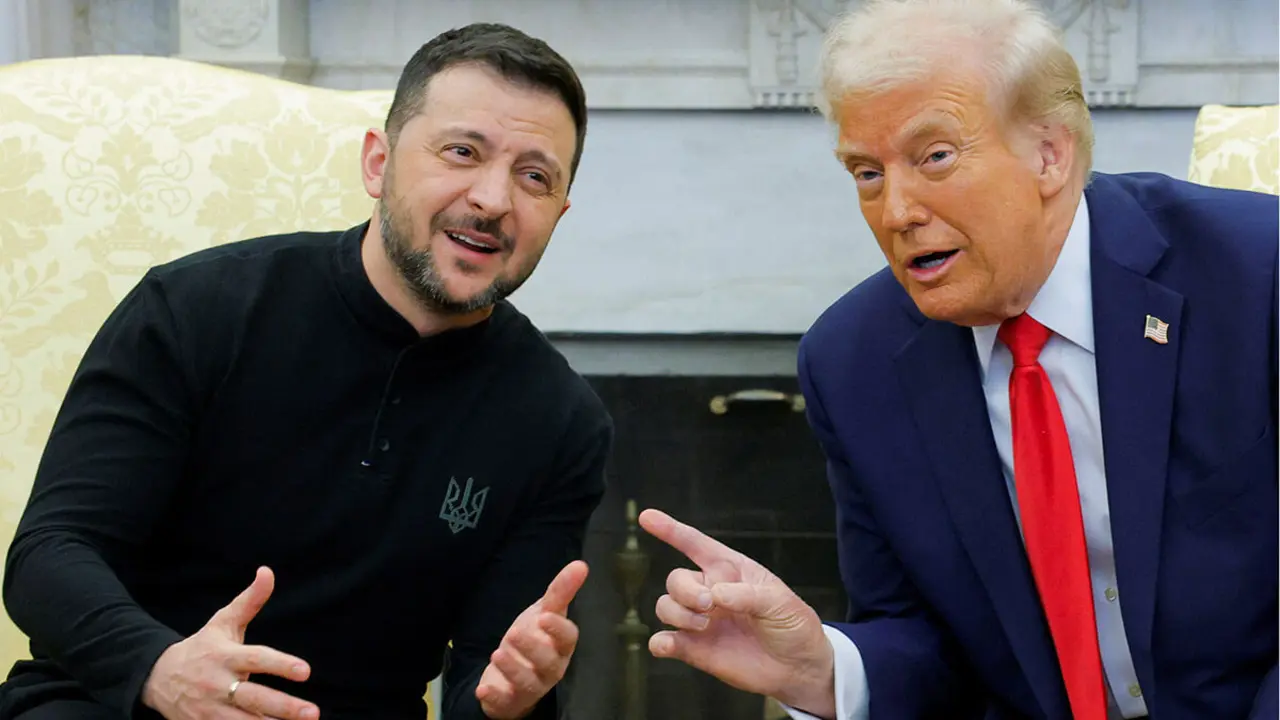Marruecos y los Emiratos Árabes Unidos se asocian para estimular la educación superior

After more than 72 hours of discussions, following exchanges on global issues and strategies to address them, the Moroccan and Emirati administrations agreed to sign partnership and cooperation agreements for the promotion, growth and effective development of higher education. The agreement was signed by the Minister of Higher Education, Scientific Research and Innovation, Abdellatif Miraoui, and the Emirati Minister of Education, Ahmad Belhoul al-Falasi, and aims to expand the areas of cooperation and coordination, as well as to open new prospects for students to pursue their education in both countries.
Speaking to MAP, Abdellatif Miraoui stressed that the progress to be achieved with the initialling of the agreements with the UAE is "substantial and innovative in the field of artificial intelligence, thanks to the premises pre-established by King Mohammed VI". He added that, according to senior management, the Mohammed VI University works to train the minds of students and not only to provide them with information, but also to employ teaching and learning methods based on the importance of mastering languages. For a better development of these policies, ministers from both countries exchanged experiences to be aware of the main reasons for success in educational centres.

The three-day international forum was attended by more than twenty heads of state, more than 250 ministers and nearly 10,000 civil servants, heads of international organisations and companies, opinion leaders, world experts and prominent business people. Among the main absentees was Antonio Guterres, Secretary General of the United Nations (UN). Through a videoconference, he highlighted international cooperation to face today's challenges: "Conflict is at its peak, poverty and hunger are increasing, divisions are deepening and the climate emergency continues to worsen".
World Health Organisation (WHO) Director-General Tedros Adhanom urged the world that the lessons of the pandemic can be extrapolated to many of today's problems. "Unfortunately, this will not be the last pandemic, nor will it be the last major health emergency. Other threats such as climate change will continue to increase in frequency and intensity. We owe it to those we have lost and to those who will come after us to learn the lessons and make the changes that must be made to keep the world safer," he added.

In addition to the agreements signed at the World Summit of Governments, the Rabat regime this month approved 26 investment projects totalling $2.8 billion in various sectors. According to the communiqué issued by the head of government's department, these projects are divided into 12 agreement initiatives and 14 amendments. The Moroccan Minister of Industry and Trade confirmed that his department is strongly involved in this project. According to Ryad Mezzour, Morocco will attract local and foreign investment to achieve these objectives. The projects carried out by local and foreign investors will generate a large number of jobs, with around 25,000 jobs expected to be created.
Among the jobs to be created, the higher education sector stands out, as it exceeds the commercial and real estate sector. It is a relevant sector as it is the main supplier with about 1,560 direct jobs. The teaching profession is one of the most sought-after. The country's progress is clear and concise when, in addition to state reports, international bodies reaffirm it. In particular, the IMF congratulated Morocco for its strong commitment to "comprehensive structural reforms". "Reforms in social protection, health and education systems will improve equality and the quality of opportunities, spend more purposefully, and preserve human capital over the long term", as mentioned in the report.








